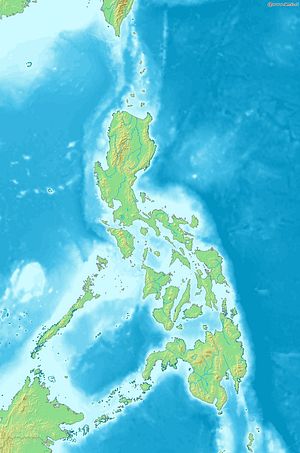On Wednesday, the southern Philippines-based Abu Sayyaf Islamist militant group threatened to kill two German hostages unless Germany ceased all support for the U.S.-led campaign against the Islamic State (IS) in Iraq and Syria. The group’s threat speaks to the increasingly global appeal of the Islamic State. Abu Sayyaf has known links to Al Qaeda, which itself denounces IS. The Philippines-based militants are additionally demanding 250 million pesos ($5.6 million) for the hostages. The group has a set a deadline of October 10 for their demands to be met.
The report that the militants were threatening to kill the German hostages was released by the SITE Intelligence Group, a monitoring service that tracks terrorist communications. “A message attributed to the Philippines-based Abu Sayyaf group threatened that two German hostages will be killed unless it is paid a ransom and Germany stops its support to the United States against Islamic State (IS),” SITE claimed. According to Reuters, the Philippines authorities are attempting to verify the demands. Meanwhile, Philippines Defense Secretary Voltaire Gazmin vowed to contain the militants: “What the Abu Sayyaf (group) is doing is propaganda to force the government to give in to their demands. We will not be intimidated by their gestures and actions. We will continue to contain them.” The German government and the German embassy in Manila remain silent on the matter at the time of this writing.
In an interview with Deustche Welle, Joseph Franco, a terrorism expert, claims that the group’s threats should be taken seriously. However, while he suggests the threat is serious, Franco is more skeptical about the group’s professed support for the Islamic State, suggesting that this is merely a ploy for international attention at a time when the global media remains fixated on IS. “I would deem the pledge a publicity stunt. The ASG is known for its clever use of media and propaganda. Latching onto the IS brand is an attempt to prop up its flagging reputation,” notes Franco.
Founded in the early 1990s, the Abu Sayyaf group is a relatively small Islamic insurgency in the southern Philippines, with an estimated 300 fighters. The group is based in the Basilan and Sulu provinces in the southern Philippines. Abu Sayyaf’s ultimate objective is to separate these southern Filipino provinces from the rest of the country and to establish an Islamic theocracy there. The group is classified as a terrorist organization by the United States Department of State and was classified a target under the U.S. War on Terror. The group has been active as recently as this summer when it raided a Malaysian fish farm in Sabah, Malaysia, and ambushed civilians celebrating Eid Al-Fitr in late July.

































